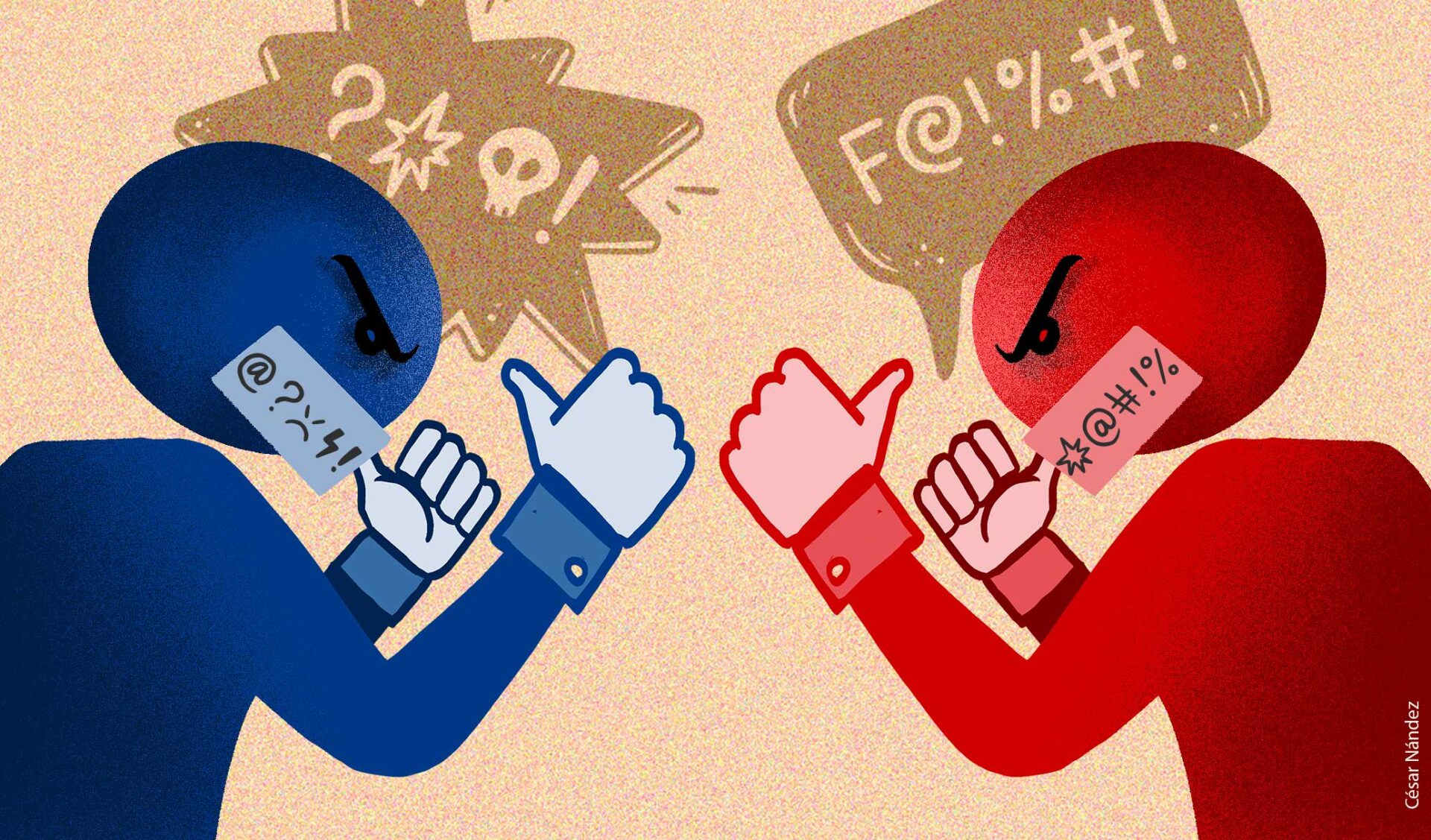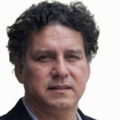Do you have an account on a social network? If so, probably, you have read or seen messages full of animosity, rejection or definitely hatred toward a certain target group for the mere fact of their existence. How do we react to these messages?
While there is no single definition of hate speech, we believe that the one proposed by the United Nations is close to a shared notion. It is the following: “Any kind of communication in speech, writing or behavior, that attacks or uses pejorative or discriminatory language with reference to a person or a group on the basis of who they are, in other words, based on their religion, ethnicity, nationality, race, color, descent, gender, or other identity factor.”
The prominence that these hate speeches have achieved is worrisome, among other things, because it amplifies the visibility and resonance of already existing prejudices and contributes to the deterioration of social coexistence. This phenomenon intensifies in a worrying way during electoral periods, a situation in which Chile finds itself in 2024 with municipal elections and which will continue in 2025 with presidential and parliamentary elections. In this scenario, our societies seem increasingly sensitive to positions they do not share. This sensitivity, although understandable, can lead people to label as “hate speech” any opinion that dissents from their own.
In an experiment conducted by Datavoz, a sample of people were asked to say whether in their opinion some messages they were exposed to were hate speech or not. The sentence to be evaluated read as follows: “[X] are those who create an environment of confrontation and disrespect. They should be taught a lesson”. What is relevant to the experiment is that the sentence was the same, but the “X” mentioned was randomly assigned to each respondent between the following two options: “religious groups” or “sexual minority activists”. Being the same phrase and having the groups randomly assigned, what should happen is that the distribution of opinions on whether or not it was hate speech would be similar between those who read the phrase with “religious groups” and those who read it with “sexual minority activists”. But what happened?
The findings were very interesting regarding the lens through which they are evaluated, especially when considering the ideological position of the recipient, that is, their self-positioning on the left-right axis. The perception of the message as hate speech varies markedly along this axis. While respondents further to the right tended to minimize the harm when the message referred to sexual minorities and to believe that the perpetrator did not intend to cause harm, those positioned further to the left considered it more serious and perceived a greater harmful intent. This suggests that our perception of hate speech depends not only on the content, but also on our own worldview.
On the other hand, it is troubling to see how the responsibility to offend seems to be a selective burden. When it comes to sexual minorities, people on the left tend to consider the author of the message more guilty of causing offense. However, when comments are directed at religious groups, the assessment is more neutral, except among those who self-classify more to the right, who tend to disagree with the idea that the author of the post bears no responsibility for offending others.
This provides grounds for arguing that the perception of hate speech and the assignment of responsibility are deeply influenced by our own ideological biases. As message receivers, we are not mere objects of communication, but interpretive actors who filter information through our own biases and sensibilities, and in that very way we share it.
*Translated by Janaína Ruviaro da Silva from the original in Spanish.














